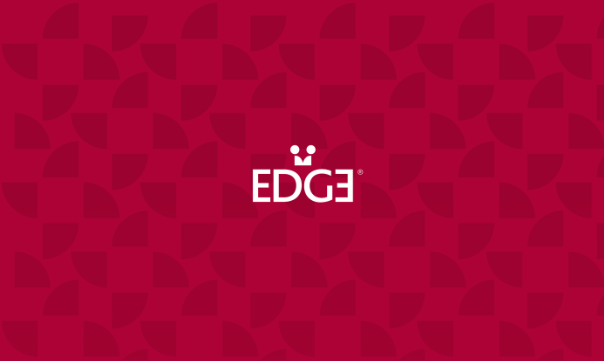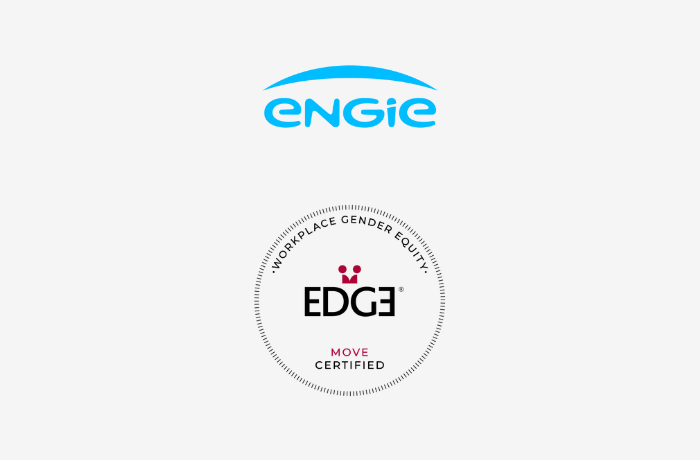Recent comments from several highly visible business executives have fanned the flames about the role of diversity, equity, and inclusion (DEI) in the workplace. Elon Musk, the eccentric head of X, recently said “DEI must DIE” in a post on his social media platform.
Not long afterward, Jamie Dimon, Chairman of the Board and Chief Executive Officer of JP Morgan Chase & Co., said, “I’m a full-throated, red-blooded, patriotic, unwoke, capitalist CEO.” Yet, the bank isn’t retreating from its diversity efforts. So, while Dimon declares he is not woke, as a capitalist, he realizes the value of DEI.
DEI elicits a spectrum of opinions. Some individuals express skepticism, viewing DEI initiatives as a drain on resources or a form of preferential treatment. Conversely, others passionately advocate for DEI as an indispensable element in creating a work environment that values and respects diverse voices. This perspective sees DEI as an investment in fostering innovation, inclusion, creativity, and collective success.
There have been missteps during the decades-long run of DEI, particularly in the corporate setting. Efforts to be inclusive became exclusionary, providing favorable treatment to some groups over others. As critics rightly state, when these conditions become quotas, they become unlawful.
There are many positive examples of aspirational goals and commitments that are lawful and drive accountability in a way that examines whether a company’s practices are inclusive and fair. But they get drowned out as bad faith actors seize on harmful practices, and DEI becomes further entangled in broader cultural and political debates that do all parties a disservice.

With no data-driven metrics or robust analytics to drive meaningful change, there was no accountability.
Where do we go from here? A place to start is Josh Bersin’s seminal study released in 2021 that surveyed hundreds of business leaders on DEI practices at some of the world’s most profitable companies. The study found that “roughly 80 percent of companies are just going through the motions and not holding themselves accountable,” despite highlighting that the companies getting it right reap significant benefits. With no data-driven metrics or robust analytics to drive meaningful change, there was no accountability. It’s not surprising that skepticism formed and disillusionment followed.
A reset is necessary. Let’s start by finding a business principle we can agree on: transparency.
Transparency is crucial in driving business growth by nurturing trust, a cornerstone of solid relationships and organizational prosperity. Through openness and honesty regarding company operations, businesses can boost employee morale, enhance customer satisfaction, foster loyalty, create a more productive workplace, and achieve accelerated and sustainable growth. This principle forms the foundation of the new EU Pay Transparency Directive, a commendable initiative to establish a shared understanding of information between companies and employees.
Practicing transparency involves openly sharing information, including workforce demographics, hiring practices, progress toward pay equity, and promotion rates. Transparency can be further strengthened by implementing independent third-party certification of a company’s DEI practices. Such certification would provide an unbiased assessment of the company’s efforts and build trust in their commitment to genuine progress.
Transparency goes beyond numbers, spreadsheets, and graphs. It’s about open communication, active listening, and a genuine commitment to understanding the lived experiences of employees from diverse backgrounds. It creates a safe space where employees can raise concerns about bias, microaggressions, and unequal opportunities without fear of reprisal. This openness is not a symbolic gesture but a catalyst for creating high-performance teams.
Imagine a world where companies readily publish data on the diversity of their leadership teams, gender and ethnicity pay gaps, and the representation of marginalized groups in every department. This type of transparency, for example, is a practical step toward fostering a culture of accountability and openness within organizations. Data empowers boards, shareholders, and employees to understand the landscape, identify areas of progress, and hold company leaders and decision-makers accountable for meaningful change.

The transparency path leads to innovation, market success, and a more vibrant, equitable workplace.
We stand at a crossroads in the DEI journey. We can continue down a path of shadows and missed opportunities or boldly embrace transparency, collaboration, and authentic commitment to progress. Companies that choose to remain in the shadows will struggle to hire top talent, experience higher levels of quiet quitting and higher turnover, and toil to stay creative – all things that present a risk to a company’s reputation and bottom line.
The transparency path leads to innovation, market success, and a more vibrant, equitable workplace. Indeed, transparent companies will become magnets for top talent, foster loyalty, and elevate their creativity. They will unlock the transformative power of diverse perspectives, driving solutions that resonate with our increasingly interconnected world.
Join us in encouraging more organizations to turn on the lights to see what we can build together.
Maria Colacurcio, Chief Executive Officer, Syndio
Aniela Unguresan, Founder and Member of the EDGE Certified Foundation Board

